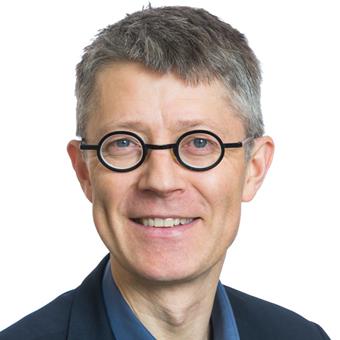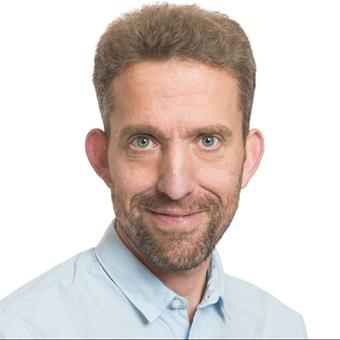When: 16:30-18:30, December 6, 7 and 8.
Where: Zoom
Join Zoom Meeting
Meeting ID: 642 9327 3588
Passcode: 125217
One position is in Cell and Molecular Biology and one in Precision Medicine and Diagnostics. DDLS is a 3.1 BSEK program from Knut and Alice Wallenberg Foundation (KAW). The SciLifeLab and Wallenberg National Program for Data-Driven Life Science (DDLS) is a 12-year initiative funded with a total of 3.1 billion SEK from the KAW.
The purpose of the program is to recruit and train the next-generation of data-driven life scientists and to create globally leading computational and data science capabilities in life science in Sweden.
Furthermore, the program aims to strengthen collaborations between universities, bridge the research communities of life sciences and data sciences, and create partnerships with industry, healthcare and other national and international actors. The DDLS program will focus on four strategic areas of data-driven research: cell and molecular biology, evolution and biodiversity, precision medicine and diagnostics, epidemiology and infection biology.



